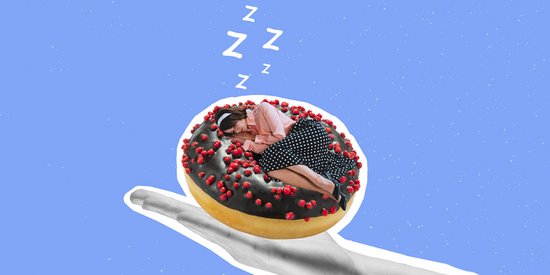From a physiological point of view, menopause means the end to the reproductive cycle in women, the end of the cycle where it is often difficult to pass this milestone, both emotionally and physically. Menopause is the stopping of periods, the stopping of the hormonal functioning of the ovaries, it occurs around the age of 50. The symptoms of menopause can be difficult to live with. Irritability, hot flashes, weight gain, decrease in sex drive ... Sometimes certain symptoms occur prematurely. This is called pre-menopause. The use of medication is obviously not always appreciated by some women, however natural treatments can significantly improve their daily life and many of you prefer alternative solutions.
Here are the natural, relieving and often preventive alternatives to help you through this time.
Hot flashes
Soy is made up of phytoestrogen molecules, whose effects are similar to estrogen produced by hormones. Several studies have shown the effectiveness of phytoestrogens on hot flashes and vaginal dryness. The Asian plant is also said to fight against decreases in bone mass and therefore protect women from osteoporosis. Soy optimizes the oxygenation of body cells. Beware, however, of overconsumption, which could also have harmful effects. When in doubt, always seek the advice of your doctor. Phytoestrogens are also found in flax seeds, red clover, or black cohosh.
Decreased libido
Ginseng, celery, ginger, all are excellent libido boosters. Maca also acts on stress and tones the immune system. These plants consumed in infusions or mother tincture will give you a boost of energy. Another method exists, this one dates from antiquity, and it is an aphrodisiac. We can cite saffron as being an analeptic spice (a stimulant). Saffron, cloves or even the essential oil of ylang-ylang in massage ...
Mood swings and insomnia
Hormonal change is one of the reasons for mood disorders and especially nocturnal awakenings. If you suddenly go from laughter to tears, quickly try opening a bottle of lavender essential oil and smell the scent. Sage, lemon balm, chamomile and basil also have soothing properties. Providing you have no allergies to these, or are not recommended to take them by a doctor, you can consume a spoonful of honey with two drops of any of these essential oils and you will have a more pleasant day.
Food
Good nutrition is essential before, during and after menopause. Eating a varied and balanced diet is important to get all the nutrients your body needs, especially since weight changes are common during menopause. Some suggestions are to consume calcium (sardines, broccoli, legumes), take more iron (fish, eggs, green vegetables, nuts), more and better sources of fiber (fruits, vegetables, whole grains), avoid foods containing saturated fat. Again this depends on your state of health. If needed take advice from a doctor or a nutritionist.
Drink water regularly
During premenopause and menopause, women often suffer from dehydration. This is due to the decrease in estrogen levels. Drinking 1 liter or even 1.5 liters of water per day can help relieve these symptoms. We know that drinking water can also reduce the bloating that can occur during hormonal changes. Plus, water can help prevent weight gain and aid in weight loss.
Exercise
While there is currently not enough evidence to confirm that exercise is effective in treating hot flashes and night sweats, there is however some evidence that supports other benefits of regular exercise. These include improved energy and metabolism, better joint and bone health, reduced stress, and better sleep. Exercising is another way to cope with menopause, as an active and healthy lifestyle not only helps mobilize and reduce fat deposits and gain muscle mass, but also helps maintain good HDL cholesterol at normal levels. If you are not a big athlete, yoga and meditation or tai chi could come to your rescue, because these two activities offer another psychological/body method that guides you in the reconciliation between your body and your mind.








